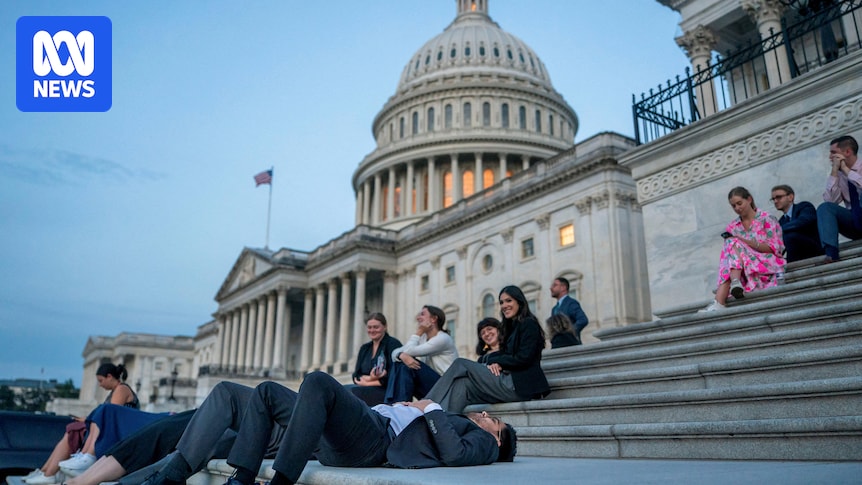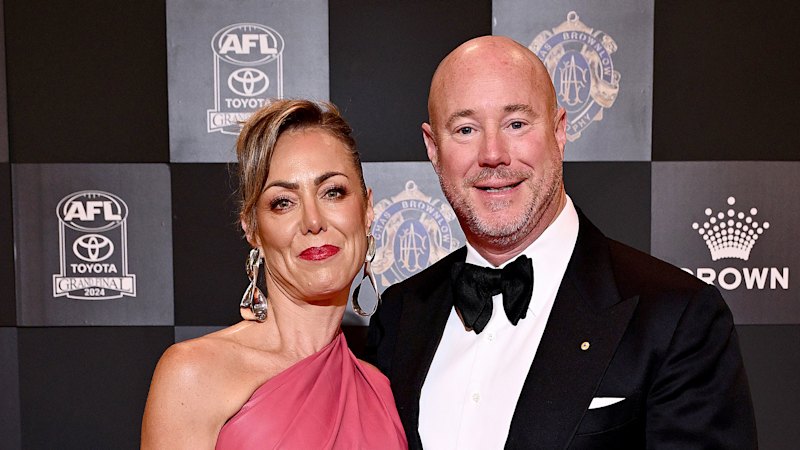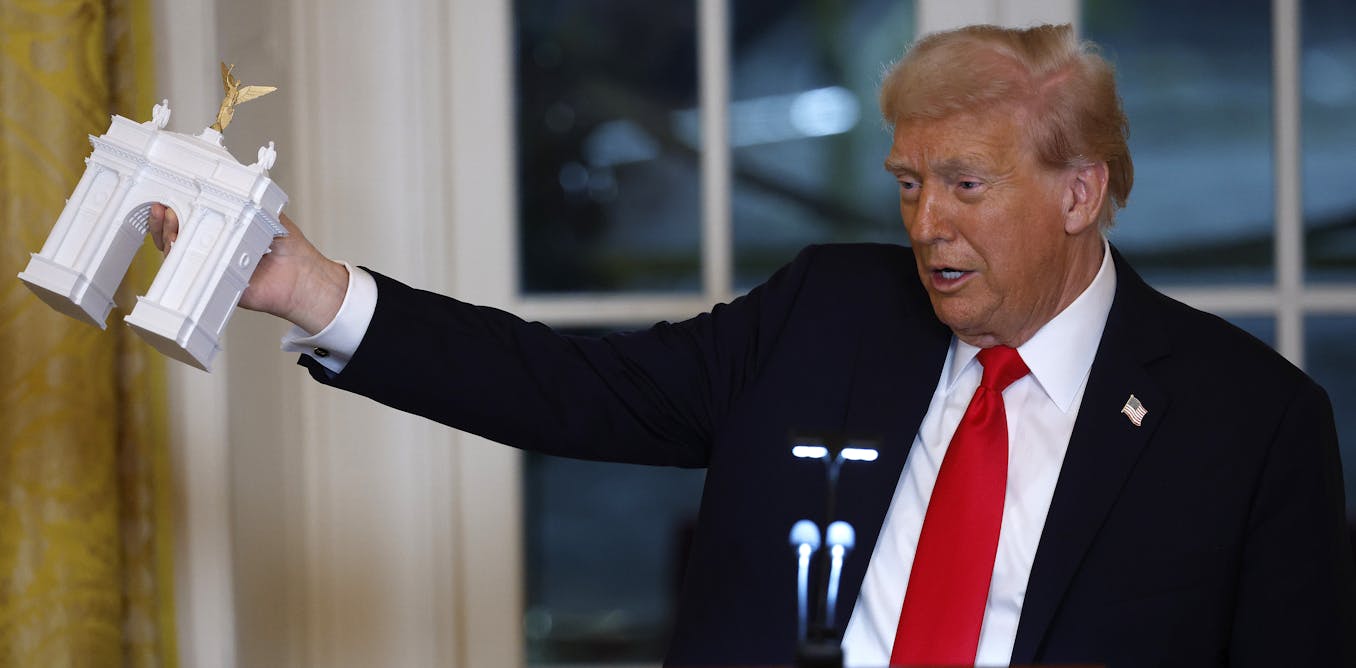
With Republican majorities in both the House of Representatives and the Senate, one might assume that President Donald Trump would face little resistance in passing legislation. However, his signature One Big Beautiful Bill Act (OBBBA) has proven to be a significant challenge, even among his allies. After a marathon of negotiations and a razor-thin vote, the bill is set to return to the House for further debate.
The bill’s journey through Congress has been tumultuous, with Vice-President JD Vance casting a tie-breaking vote to pass it in the Senate. Despite this progress, the bill faces opposition from within Trump’s own party, with three Republican senators—Thom Tillis, Susan Collins, and Rand Paul—joining Democrats to create a deadlock. This internal dissent highlights the complex dynamics at play within the GOP.
Understanding the One Big Beautiful Bill Act
The One Big Beautiful Bill Act, often referred to as the OBBBA or BBB, is a sweeping budget reconciliation bill designed to streamline policy changes related to spending, revenue, and the debt ceiling. The 1,038-page document encompasses a wide array of proposals, from tax cuts to modifications in social benefits programs.
Key Provisions and Controversies
Among the most debated aspects of the bill is a provision that could potentially weaken the power of federal judges. A single sentence in the bill suggests that courts would be unable to enforce contempt citations if no security was provided when an injunction was issued. While the Trump administration argues this would deter frivolous lawsuits, critics claim it undermines judicial authority.
Another contentious element is the proposed “golden dome” missile defense system, which would receive an initial investment of $25 billion. The Congressional Budget Office estimates the total cost could exceed $500 billion, raising concerns about fiscal responsibility.
“No court of the United States may enforce a contempt citation for failure to comply with an injunction or temporary restraining order if no security was given when the injunction or order was issued.”
Immigration and Social Programs
The bill also seeks to revive construction of the US-Mexico border wall with a $46.5 billion allocation and plans for the largest mass deportation in US history. It proposes significant changes to Medicaid, including work requirements for able-bodied adults and more frequent reapplication for benefits. These measures have drawn criticism for potentially increasing the uninsured population by millions.
Additionally, the bill introduces work requirements for recipients of the Supplemental Nutrition Assistance Program (SNAP), potentially disqualifying 3 million Americans from food assistance.
Senate Amendments and Republican Dissent
The Senate made several amendments to the bill, including removing a provision that would have restricted state regulation of artificial intelligence industries. This change was prompted by concerns from House member Marjorie Taylor Greene and supported by a near-unanimous Senate vote.
To secure Senator Lisa Murkowski’s support, the Senate added provisions for rural hospital funding and increased food aid to Alaska. These changes, however, have not quelled all Republican dissent.
“What do I tell 663,000 people in two years, or three years, when President Trump breaks his promise by pushing them off of Medicaid because the funding’s not there anymore, guys?” — Senator Thom Tillis
Fiscal Concerns and Internal GOP Conflict
Some Republicans, like Senator Rand Paul, oppose the bill due to its impact on the national debt, which is already over 121% of GDP. Independent analyses suggest the bill could add between $2.5 trillion and $3.5 trillion to the deficit over the next decade. This fiscal outlook has also drawn criticism from figures like Elon Musk, who has publicly clashed with Trump over the bill.
Meanwhile, Senators Tillis and Collins have voiced concerns over cuts to Medicaid funding, arguing that the bill breaks promises to vulnerable populations.
Next Steps and Political Implications
With the Senate’s amendments, the bill must return to the House for another vote. House Speaker Mike Johnson is determined to pass the bill swiftly, but this depends on maintaining Republican support despite the changes. However, some GOP members have already expressed opposition to the Senate’s revisions.
The bill’s initial passage in the House was by a narrow 215-214 vote, and further negotiations may be necessary to secure its future. As the debate continues, the One Big Beautiful Bill Act exemplifies the complexities and divisions within the Republican Party, as well as the broader challenges facing the Trump administration’s legislative agenda.







